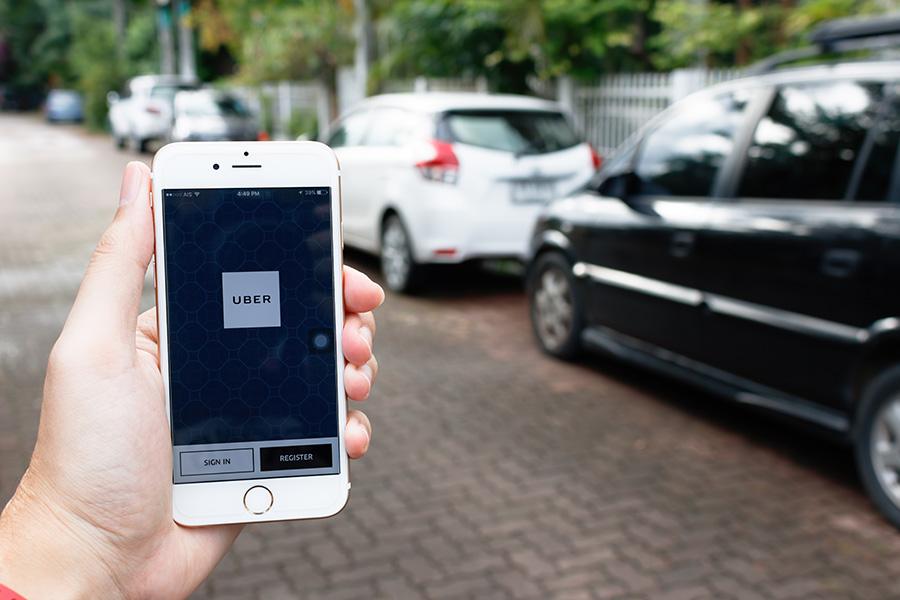Sharing Economy: Is this the end of hyper-consumption?
From Uber to Airbnb, Facebook to YouTube, and Linux, the sharing economy is here and it's going to stay. Can it shake up the ecosystem enough to create a new normal?
From sharing code (Linux) to sharing lives (Facebook) to sharing content (YouTube) to sharing all kinds of real life assets: Welcome to the world of 2017 – an era so beautifully chiselled by the evolution of internet. Thanks to the social web, you can now share anything with anyone anywhere in the world. Is this the end of hyper-consumption?
A thousand years ago, full-time employment as we know it today, was considered detestable - almost akin to bondage. Today, it is a respectable thing to do in most parts of the world. The employment model has today been refined to include worker protections, benefits and the works. A majority of the population works for a few others, and it is a model which is as accepted in the society as other established institutions like marriage, family, etc.
However, this is on the verge of being challenged.
Today, Uber (ride-hailing) and Airbnb (room sharing) are the poster boys of a glamorous new way of economic modelling popularly called ‘sharing economy’. A decade ago, anyone would have laughed off the prospect of the extent of intrusion with people around the world willing to 'share a bedroom' to make the most of the gig economy.
Transformation of good old capitalism Platform-based disruptions across industries - enabled through an overall robust digital trust network (For example, online profiles of hosts and guests, rating systems, and so on) in the ecosystem is becoming the order of the day. Is it the transformation of good old capitalism - the defining economic force of the 20th century?
Historically, employment has seen unprecedented success as a model to organise labor over the last few hundred years. Will we see the 21st century lend itself to organising labor in a different way, ultimately leading to the end of full-time employment as a core model the way we know it?
The core premise of collaborative sharing is simple: Access to goods and skills is more important than their ownership. The sharing economy basically relies on its ability to use resources optimally to give best throughput and is seemingly a more efficient, productive and a better system with built-in creation of global communities with neighbourly values.
Example galore. Product-service systems that facilitate the sharing or renting of a product (car sharing); redistribution markets which enable the re-ownership of a product (Olx); and collaborative lifestyles in which assets and skills can be shared (co-working spaces).
I am convinced that 'sharing' could be a force for good but may not necessarily replace good old 'full-time employment' as a core model anytime soon.
Schumpeter’s 'creative destruction' in disguise?
Is the gig economy American economist and political scientist Joseph Schumpeter’s 'creative destruction' in disguise, or is this disruption only going to be replacing a rusty nail with a crooked one?
Is the sharing economy then a silent time bomb signifying the beginning of the end of employment. Are we fortunate to be living in interesting and exciting times that saw the early days of unraveling of future of work?
Can ‘new economy’ work for everybody? Will it succeed in universally becoming the new normal? Can it be inclusive as it purportedly seems to be and contentiously fights to project?
With mass-market approach to combining distributed trust and sharing, the gig economy is the latest example of the Internet’s value to consumers. This emerging model is now big and disruptive enough for regulators and companies to have woken up to it. That is a sign of its immense potential. It is time to start caring about sharing.
The author is a global tech, media, and entrepreneurial leader. You can follow him on LinkedIn and Twitter
The thoughts and opinions shared here are of the author.
Check out our end of season subscription discounts with a Moneycontrol pro subscription absolutely free. Use code EOSO2021. Click here for details.

